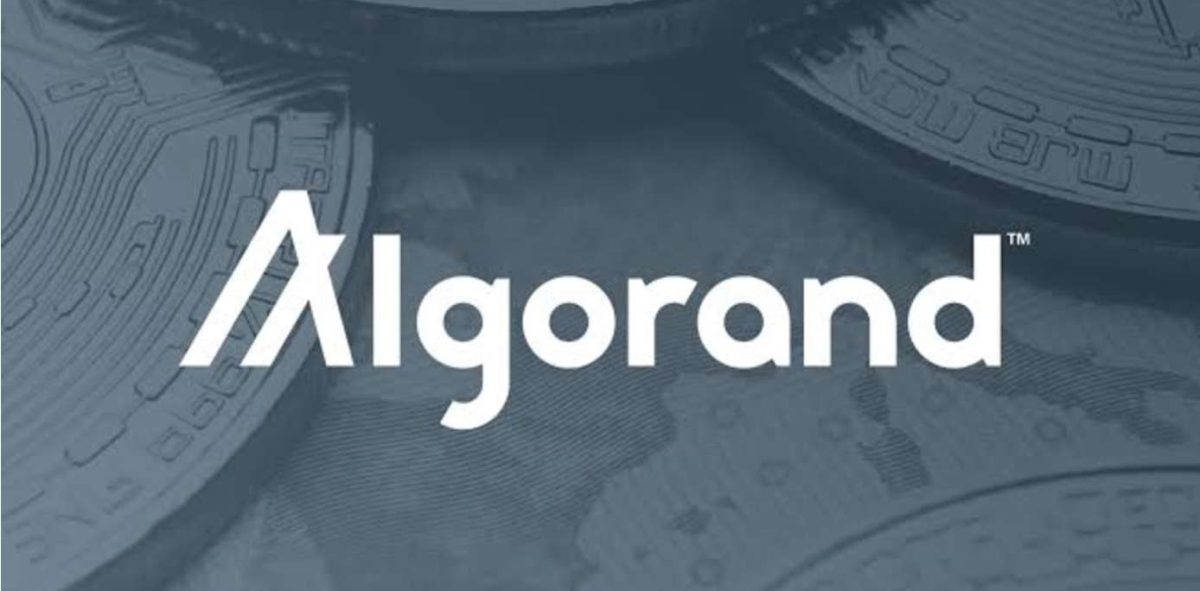Nigeria threatens crypto influencers with fines and jail terms for illegal promotions
- SEC Imposes Fines and Jail Time for Unlicensed Crypto Promotion
- Rules aim to prevent misleading promises in advertisements
- Inspection covers social networks, TV, radio and digital channels
The Nigerian Securities and Exchange Commission (SEC) has released new guidelines rigid targeting influencers who promote cryptocurrency-related products and services without transparency or authorization. Under the new regulatory framework, any promotion of crypto investments must be linked to SEC-licensed companies, with severe penalties for those who fail to comply.
Under the new regulations, influencers must ensure that their clients are properly licensed before promoting any product or service. Promotional content must be clearly identified as “sponsored” to avoid confusion among investors. Those who fail to follow the guidelines could face a minimum fine of 10 million Naira (about $7.000), up to three years in prison, or both.
In addition, the SEC expressly prohibits the use of technical jargon, exaggerated promises or ambiguous language in advertising campaigns. Terms such as “double your earnings quickly” or “protect your financial future” are prohibited in order to avoid misleading investors. All promotional material must be approved by the Commission before being published.
The new rules also increase the scope of enforcement, including social media, television, radio and even USSD channels. The SEC said it will step up surveillance of online activity and prosecute anyone who violates the guidelines.
Nigeria’s move mirrors similar moves by other countries seeking greater transparency in the cryptocurrency market. In the UK, the Financial Conduct Authority (FCA) imposed a requirement in 2023 that crypto promotions comply with legal standards. In France, influencers must obtain specific certifications before promoting crypto-related financial products.
In addition to the new regulations for influencers, the SEC has also cracked down on Virtual Asset Service Providers (VASPs) operating in the country. These companies are now required to register with the Commission and comply with strict standards for governance, financial reporting, and regular audits. The agency has also banned the issuance or promotion of cryptocurrencies with anonymity features.
With the new rules coming into effect from June 2025, Nigeria is looking to strengthen investor protection and increase transparency in the cryptocurrency market.
Disclaimer: The content of this article solely reflects the author's opinion and does not represent the platform in any capacity. This article is not intended to serve as a reference for making investment decisions.
You may also like
Hassett: Trump is studying whether "removing Powell" is an option
Strategy returns surpass Nvidia, Tesla, Google, Apple and Microsoft
Polygon and Jio bring blockchain to 450 million users in India

Algorand Foundation and The Core Launch ‘Build on Blockchain’ Series for Industry Leaders

